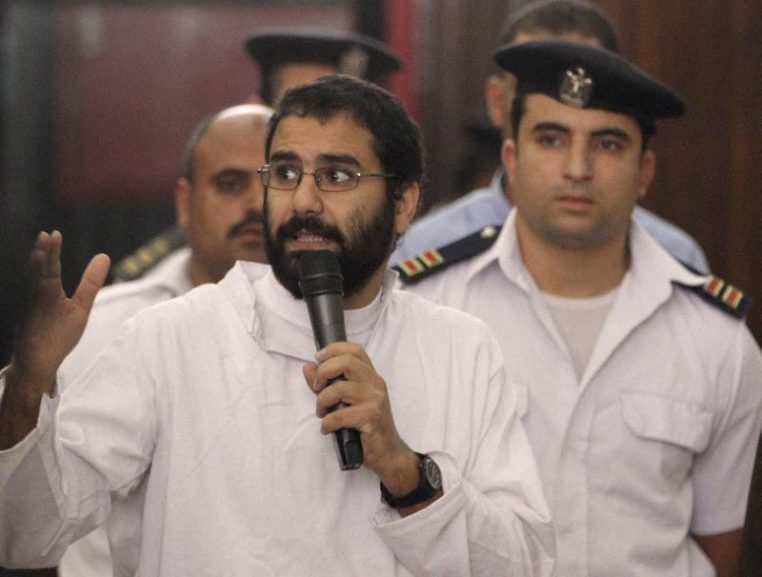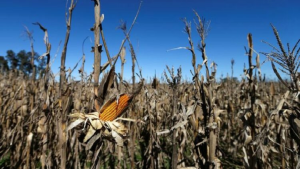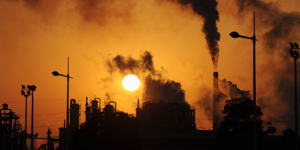The family of jailed Egyptian-British hunger striker Alaa Abd el-Fattah said on Tuesday they had not heard from him since he had been due to stop drinking water two days ago, and the United Nations human rights chief warned his life was in great danger.
Abd el-Fattah, a prominent activist and blogger, was sentenced in December 2021 to five years on charges of spreading false news and has been on a hunger strike for 220 days, since April 2, against his detention and prison conditions.
In an escalation that coincided with the arrival of world leaders in Egypt for the COP27 climate conference, he informed his family that he would stop drinking water on Sunday (November 6). His mother says she did not receive a weekly letter from him on Monday when she visited the jail northwest of Cairo, despite waiting there for hours.
UN High Commissioner for Human Rights Volker Turk called for the immediate release of Abd el-Fattah who he said was “in great danger.”
Asked whether there was a risk he may have already died, given the lack of communication, Volk’s spokesperson said in Geneva: “We are very concerned for his health and there is a lack of transparency as well around his current condition.”
British Prime Minister Rishi Sunak, who attended the COP27 climate talks on Monday, told Egyptian President Abdel Fattah al-Sisi that he hoped to see the issue resolved as soon as possible.
However, Abd el-Fattah’s sister Sanaa Seif said Britain had not replied to her request for proof that her brother was alive.
Asked about the case on Monday, Egypt’s Foreign Minister Sameh Shoukry told CNBC that prison authorities would provide Abd el-Fattah with healthcare.
Egyptian officials have not responded to Reuters requests for comment on Abd el-Fattah. They said previously that he was receiving meals.
Amr Darwish, an Egyptian member of parliament attending COP27, said Abd el-Fattah was convicted in court and questioned his family’s appeal for international support, which pro-government figures have portrayed as an interference in Egypt’s internal affairs.
Abd el-Fattah rose to prominence during Egypt’s 2011 popular uprising which led to Egypt’s first democratic presidential election. The new Muslim Brotherhood president, Mohamed Mursi, was toppled by the military – then led by Sisi – after mass protests against his rule in July 2013.
The following month security forces broke up two pro-Mursi sit-ins in Cairo and killed hundreds of civilians. Abd el-Fattah, a software developer from an activist family, was detained in the subsequent crackdown on Islamists, leftists and liberals alike, and has been behind bars for most of the time since then.
Some rights campaigners have criticized the decision for Egypt to host COP27, citing what they say is its repression of political dissent. They have also raised concern over access and space for protests at the United Nations climate talks.
Sisi has said security measures were needed to stabilize Egypt after the 2011 uprising.




